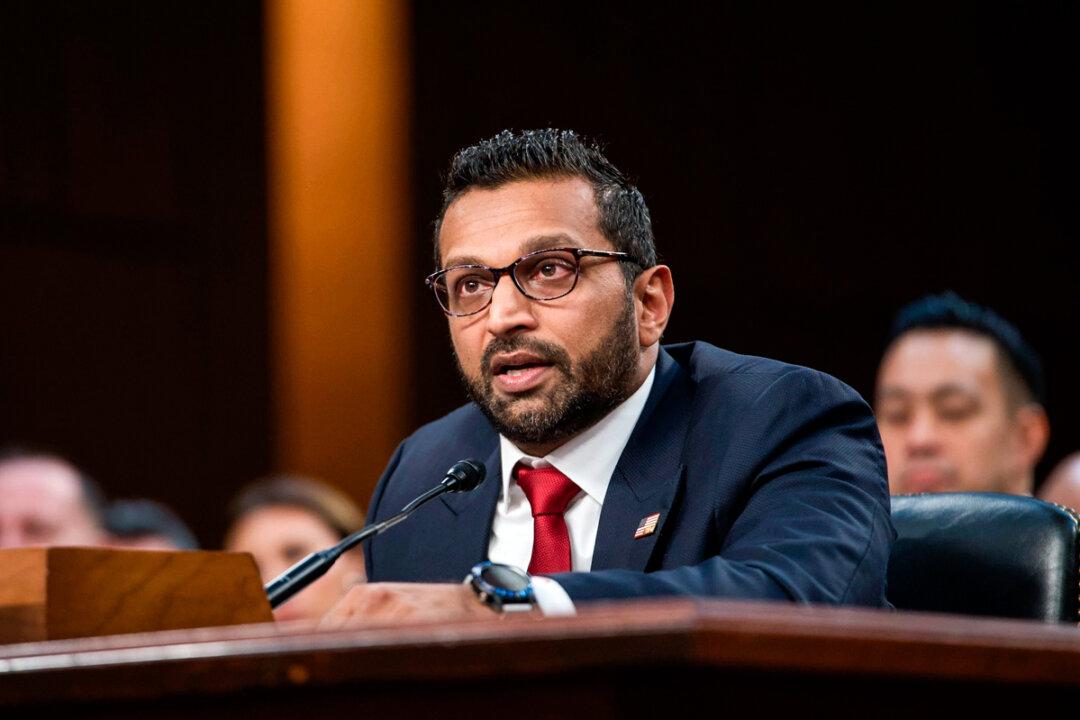Newly appointed FBI Director Kash Patel was sworn in as the acting head of the Bureau of Alcohol, Tobacco, Firearms and Explosives (ATF) on Monday, according to the agency.
“ATF welcomes Acting Director Kash Patel to ATF, who was sworn in and had his first visit to ATF Headquarters in Washington, D.C. today. We are enthusiastic to work together for a safer America,” the bureau said in a Feb. 24 post on social media platform X.





